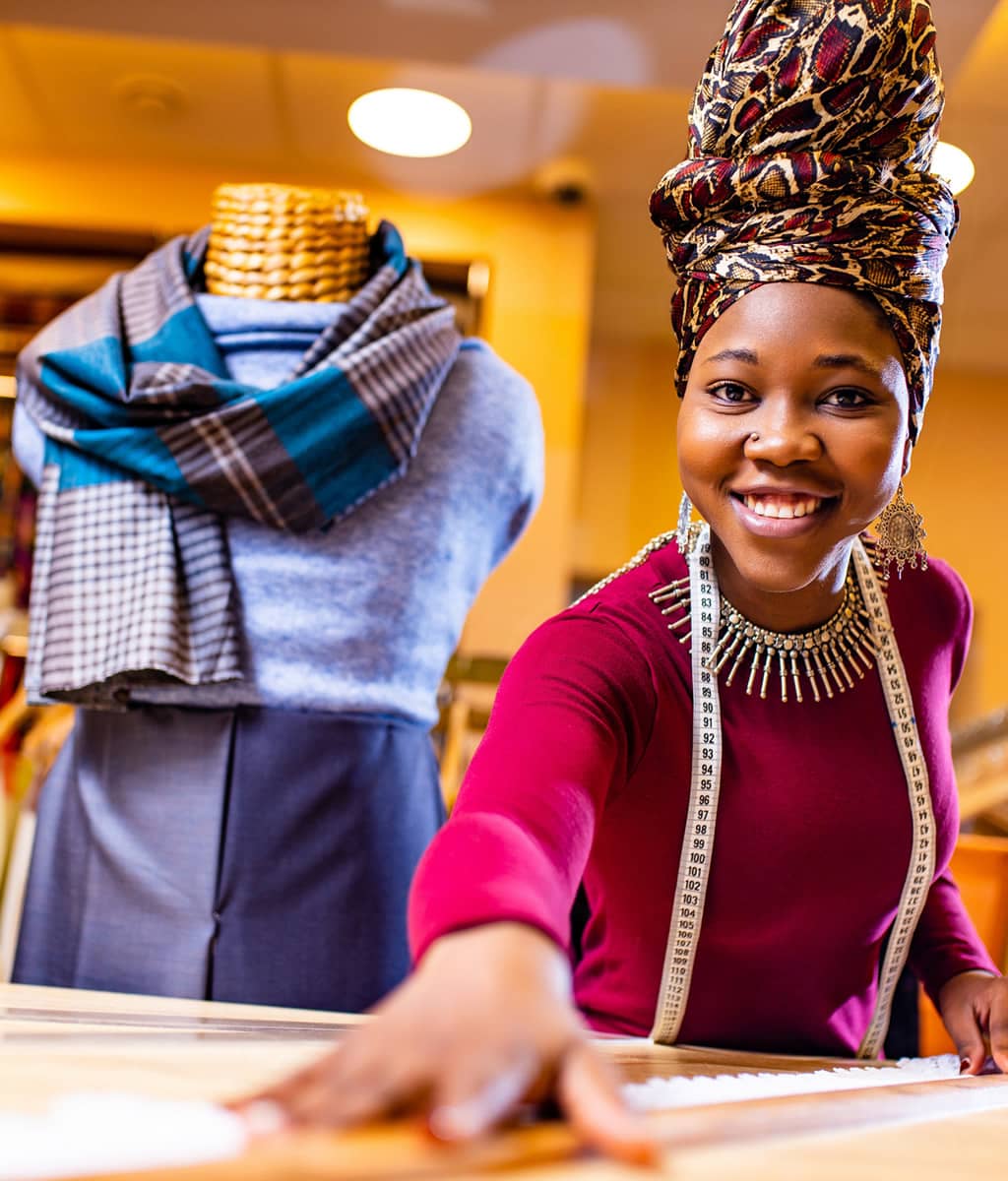We seek to dimension the challenges and opportunities that pave the way to women’s financial inclusion and economic empowerment.
Financial Inclusion for Women and Girls Program
Financial Inclusion for Women and Girls Program
Nigeria has a gender gap of 8.4% in access to financial services. In 2016, it stood at 9.7%, meaning that only 54% of Nigerian women, compared to 63% of men, were financially included through banks or formal non-banks. Women form a disproportionately large share of the world’s unbanked population.
Gender inequalities in employment and earnings mean that women have lower incomes, making them less able to open accounts in formal financial institutions or be properly included. However, only with equal access to the full range of needs-based financial services – savings, credit, insurance, payments – and the accompanying financial education, do women stand a chance of social and economic empowerment.
Whether they work in the home or outside of it, whether they are employed or self-employed, financial inclusion provides women the tools for accumulating assets, generating income, managing financial risks, and fully participating in the economy.
In our approach to gender equity in financial inclusion, we seek to dimension the challenges and opportunities that pave the way to women’s financial inclusion and economic empowerment.
We also aim to explore women’s formal and informal income-generating opportunities that add value to women’s lives and livelihoods leveraging digital solutions. At the same time, we apply a gender lens across all our projects and prioritize the principles of financial inclusion.

